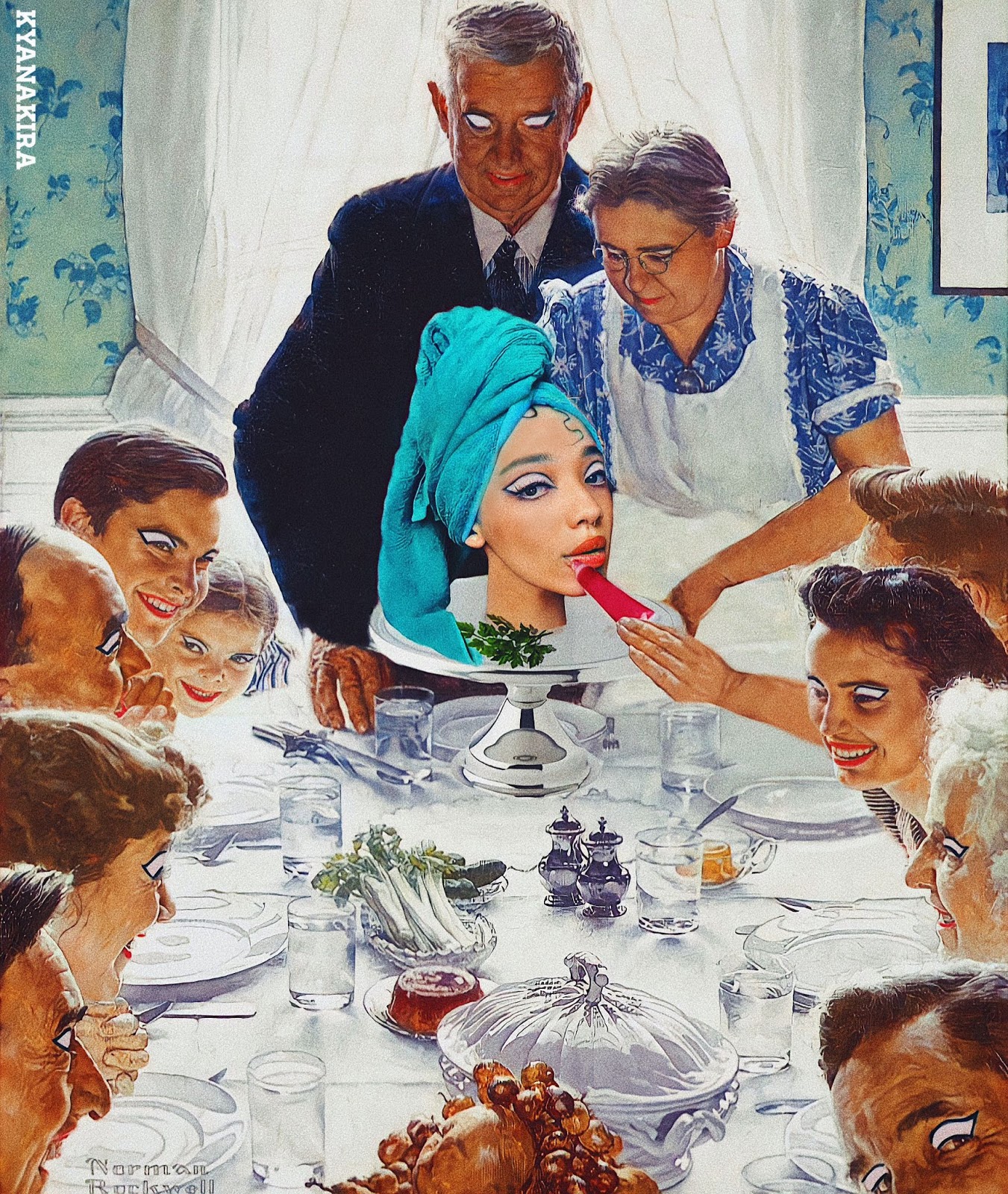On September 28, our Fall Cohort of TLH Faculty Fellows convened for the first meeting of the semester to plan public events and contributions to knowledge. I also led a discussion about accessibility in the classroom by talking about why it’s important, what the institutional process is like (i.e. students request services through their campus disability services office, which acts as a liaison between student and teacher) and how that may or may not be effective. According to the National Center for Education statistics, nearly half of students with disabilities end up dropping out before they finish (link opens in a new window). According to one study, stronger self-advocates were more likely to complete their degrees (link opens in a new window), but that puts the onus on students to advocate for their needs semester after semester, which can become a barrier to success.
We started the discussion by first polling our fellows on their knowledge of accessibility accommodations, current experiences teaching disabled students in their courses, and types of accommodation requests.
The fellows rated themselves as generally having average experience with accessibility issues and no-one considered themselves to have very limited knowledge or to be very knowledgeable.










